Policy 2.10 - Inclusive and Respectful Environments
2.10 Inclusive and Respectful Environments
The Board of Education is committed to creating inclusive learning and working environments where safety, security and mutual respect is paramount.
The Board recognizes and celebrates the diversity of the community it serves and believes that each individual contributes to the richness of the District culture. The Board seeks to ensure that everyone has equitable access to opportunities and resources to make meaningful contributions to the district.
The Board believes everyone has a role to play in promoting a district free of violence and harassment.
Healthy schools require that the relationships between the adults involved in the education of children (employees, parents, and members of the public having contact with schools) are governed by courtesy, respect, and consideration. The Board expects that interactions between its students, employees, parents, and the public at large are marked on all sides by respect and consideration.
The Board expects the relations between employees and all those they come in contact with to be free from any behaviour that can be identified as being violent, discriminating, harassing, or intimidating in nature. Such behaviour is unacceptable and will not be tolerated.
Definitions
Constructive practice emphasizes proactive strategies to build positive relationships and a supportive learning environment.
Restorative practice addresses conflicts by involving all parties to repair harm and restore community.
Both approaches aim to create an inclusive and respectful school atmosphere
Guidelines
1. | Principals will establish codes of conduct in accordance with provincial guidelines that will describe the kinds of behaviour generally expected of students, staff, parents and community members working together in school learning and working environments, and in situations where they are representing the District and school communities. |
| 2. | Violence in any of its forms is neither acceptable nor tolerated in the learning and working environments of the District. |
| 3. | Reasonable actions taken by a person in a supervisory role (for example, a school principal, teacher, or workplace supervisor) are not, when consistent with the expectations placed on a person in that role, acts of harassment in any of its forms. |
| 4. | Expressing differences of opinion, offering constructive feedback, guidance, or advice about behaviour and performance, and making a legitimate complaint about someone’s conduct through established procedures does not, when done respectfully and within the role expectations placed upon a person doing so, constitute bullying/cyberbullying, or harassment. |
| 5. | The District endorses the use of constructive, restorative means to resolve conflicts by encouraging and supporting positive role modeling and leadership among students and employees. |
| Legislative References: | School Act [RSBC 1996, Sections 6(1), 76, 85(1.1)]; BC Human Right Code, Provincial Standards for Codes of Conduct Order (M276/07) |
| Collective Agreement References: | Nil |
| Date of Adoption: | January 29, 2025 |
| Date of Revision: |




